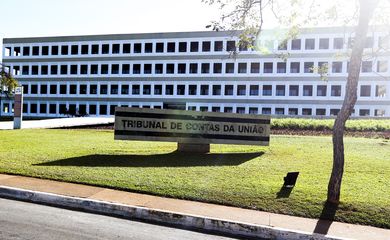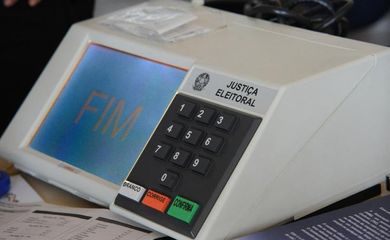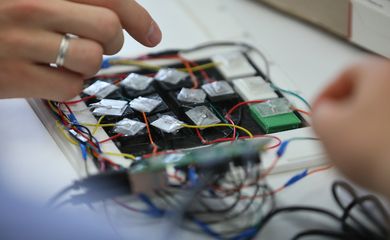Armed Forces inspect source codes of electronic voting machines

Technicians from the Armed Forces went to the Superior Electoral Court (TSE) on Wednesday (Aug. 3), in Brasília, to inspect the source codes of the electronic voting machines and electronic voting systems, the Court's staff informed.

Explanatory meetings were held with Electoral Justice technicians, and the source codes were inspected in a room installed by the Brazilian Electoral Court at its headquarters specifically for this purpose.
Source code is a set of commands and instructions, written in computer language, that integrate a program capable of triggering the operation of electronic equipment.
The inspection of the source codes of the elections by members of the Armed Forces takes place after the Minister of Defense Paulo Sérgio Nogueira on Monday (Aug. 1) sent a letter to the Superior Electoral Court asking for “very urgent” access to the data.
In response, the Court reported that access to all source codes used in the 2022 Elections has been available since October last year to entities inspecting the electoral process, including the Armed Forces.
The inspection has already been carried out, for example, by the Comptroller General, the Federal Prosecutors, and the Senate. The Federal Police are scheduled to carry out the checking procedure between August 22 and 28.
Political parties
All political parties may also inspect the codes. So far, PV–Green Party, PL-Liberal Party, and PTB-Brazilian Labor Party have shown interest in the procedure, although only the latter has actually conducted an inspection, the Court informed.
Since the 2020 municipal elections, the Electoral Court has been expanding the list of entities that may have free access to the source codes of the electronic voting system, developed by programmers from the Electoral Justice.
Besides official bodies, the list includes, among others, entities such as the Brazilian Bar Association (OAB) and technology departments of academic institutions. The Federal University of Rio Grande do Sul (UFRGS) carried out the inspection in March.
And the Federal University of Pernambuco, the State University of Campinas, and the Federal Police are participating in a pilot project that allows remote access to the source codes.




